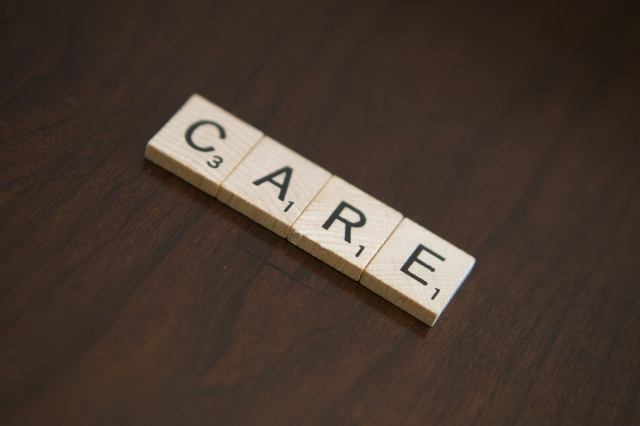Where are we on the COVID-19 curve?
Most of us by now understand the need to ‘flatten the curve’ in order to reduce the number of overall cases of COVID-19 and… Read More »Where are we on the COVID-19 curve?
Most of us by now understand the need to ‘flatten the curve’ in order to reduce the number of overall cases of COVID-19 and… Read More »Where are we on the COVID-19 curve?
By Keara McKay & Thomas Procter This is a visualisation prepared and maintained by the Northern Ireland Assembly Research and Information Service (RaISe). It presents… Read More »Visualisation of COVID-19 in Northern Ireland
In order to provide support to Members of the Legislative Assembly (MLAs), the Research and Information Service (RaISe) has produced this round-up of trusted,… Read More »Sources of guidance and support on the impact of coronavirus (COVID-19)
This article was edited on 4th March 2020 to include updated information, data and guidance. The recent international coronavirus outbreak originated in the city of… Read More »What is the Novel Coronavirus (COVID-19)?
This blog article is based on the information and analysis in the recently published Northern Ireland Assembly Research and Information Service paper, ‘Waiting lists and… Read More »Waiting lists and waiting times for Elective Care in Northern Ireland: Taking stock
By Lesley-Ann Black and Keara McKay This article is an updated version of a piece which was published on Research Matters in February 2019. It… Read More »Suicide statistics and strategy in Northern Ireland: Update
Period poverty is a topical issue, globally and within the United Kingdom (UK). Recently, there has been some concern about the relationship between period poverty… Read More »Free periods? Period poverty, its impact on education, and policy responses to the issue
In this Mental Health Awareness Week, which also coincides with this year’s Balmoral Show, this article examines an issue which has received comparatively little attention… Read More »Farmers and mental health
This article provides a broad introduction to the complex landscape of formal regulation of health care in Northern Ireland (NI). It also includes reference to… Read More »Who regulates health and social care services in Northern Ireland?
This article is a revised and updated version of a post originally published in June 2017.
The perceived underfunding of social care was a significant political issue in the 2017 general election. It is easy to forget, however, that the ‘formal’ care sector of nursing and residential homes, plus allied services, is underpinned by a much larger ‘informal’ sector of family and friends of the person being cared for. In a related article, we examined the legislation and policy framework behind this sector. Here, we review the facts and figures relating to informal carers in Northern Ireland. A detailed paper on this topic was recently published by the Research and Information Service (RaISe).
